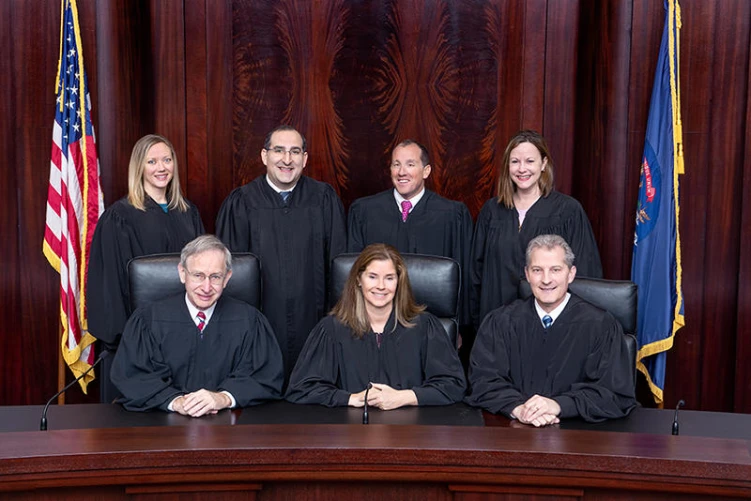If you’re a newlywed, you probably didn’t think twice about things like community property laws or fair distribution when you got married. However, when a partnership draws to a close in divorce, it often necessitates unpleasant conversations and difficult decisions about the equitable allocation of property you and your spouse once handled during the marriage.
Couples can operate cooperatively to choose how to divide assets, debts, and property in an ideal circumstance. Both parties may have to employ trust and estate lawyers or go to trial and seek a judge to split the marital estate (the lot owned by the married couple) if there is a disagreement or a complicated situation involving the title and land value.
Property division is usually influenced by three things: the divorce type you want, the kind of land you hold, and which state you now live in.
Divorce in Various Types
If you’re ready to work with your spouse, you can choose from a variety of divorce choices that aren’t available to most individuals since they don’t often get the chance to think about it.
An uncontested divorce illustrates a separation in which both sides agree to every divorce condition and then submit the documents in court. In this case, the couple won’t undergo any official trial. There are several advantages to an uncontested divorce, such as saving you money on court expenses and legal bills as well as avoiding long-running arguments with your ex-spouse.
When people consider divorce, they generally think of contested divorces. Disputes over spousal support, child custody, and property are common in these situations. Additionally, a judge oversees the divorce proceedings who represents the interests of both parties. A lengthy, expensive, and perhaps acrimonious separation is possible with this type of divorce.
Other divorces lie somewhere in the center of the spectrum. There are several alternatives for couples to avoid the entire expenses, such as collaborative divorces, arbitration, and mediation. All couples have different needs, and the appropriate outcome relies on the amount of conflict and their willingness to compromise and step towards an ideal resolution.
Have Valid Reasons to Keep the House
Divorcing couples who desire to maintain their marital house may have strong reasons to do so. Suppose you’re contemplating selling or retaining your house after separation. In that case, you’ll want to be sure your motivations are solid and that maintaining the home is in your right financial aspirations, mainly because it’s a significant event in your life.
The Children

It is common for youngsters of school age to experience trauma regarding divorce, and having to relocate can exacerbate their emotions. Try to hire a family therapist or a child psychologist to help you sort things out if you’re concerned about it and don’t decide what’s the right decision for your family.
Emotional Attachment
Sentimental connection isn’t always a “positive” justification to preserve a marital home. However, it’s normal to feel that way since it can be an emotional decision due to all the time and effort that went into developing their ideal house, which now holds plenty of memories. Or, because the family has lived in it for several generations, many couples have a solid attachment to their home.
Preserving the family home is a noble goal. However, there are also a few less noble motivations: greed, revenge, power, and retribution are only a few examples. Don’t allow yourself to be swayed by the emotional components of a divorce. There are many reasons why you might be reluctant to go, but it’s also essential to keep in mind your long-term goals.
Make Sure You Have the Funds to Keep the Family Home
After divorce, the challenging financial problems of your life mean that today’s families must find a way to find a middle ground between their wishes and needs. After a divorce, not every family can return to their pre-divorce way of life.
As great as it would be to stay in place and skip the trouble of relocating, remaining put may not be the ideal option for you if you’re low on funds. No matter how much you love your house, you need to think thoroughly if you have the budget to keep it. A severe financial problem might arise if you surrender almost everything to own the house and realize that you can no longer afford maintenance costs, property taxes, or mortgages.
A financial adviser or a professional with knowledge of financial planning can help you assess whether you can afford to keep the house after filing for divorce while still taking care of your other financial obligations (including your retirement savings).



